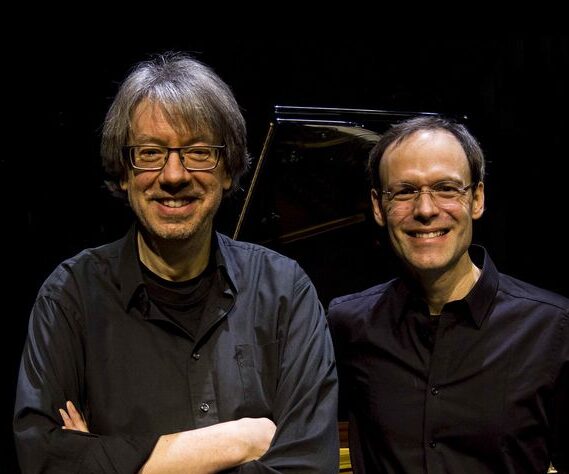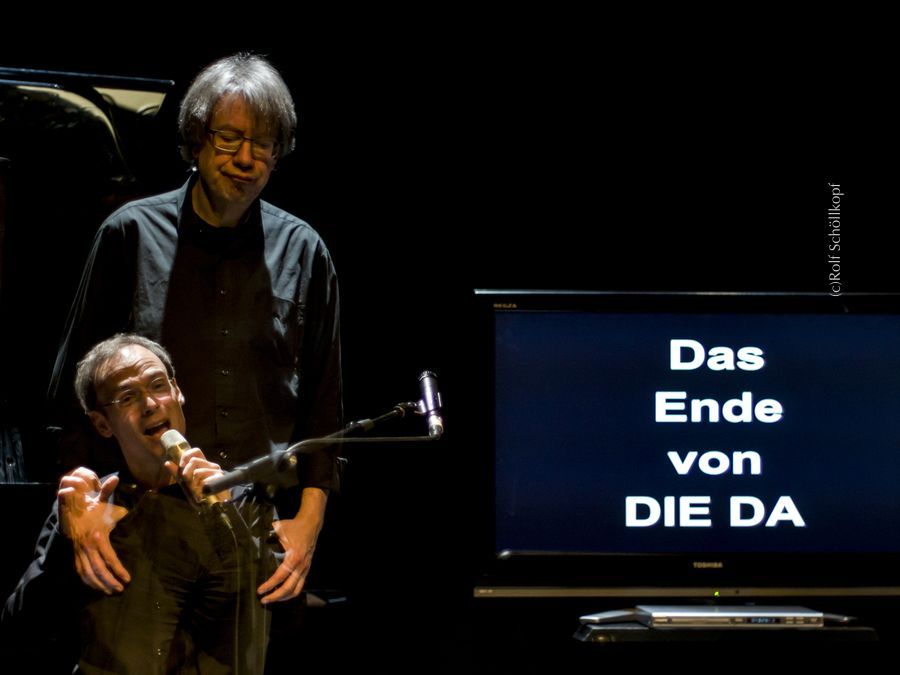Each performer is part of a tradition, a school that is linked to his personality, his taste and his teacher. How different the sound culture can be becomes clear when one listens to musicians of different character in direct comparison. Furthermore, faithful! would like to pay tribute to two composers forgotten due to historical circumstances, the two Schönberg students Nikos Skalkottas and Józef Koffler.
# In 20th century music, the importance of interpretation in the process of musical creation has sometimes been negligently played down. Apart from the cult of the interpreter, which was fomented above all by the music industry, the work was drastically upgraded as the actual subject of musical discourse.
# What applies to the history of classical music can also be observed in other genres. In the field of pop culture, the category of performativity was the main focus of attention in order to talk about differences in musical performance, categories that should be adapted to a discourse-capable concept of interpretation. The cover version and the remix, on the other hand, describe transmission phenomena without ever considering the interpreter’s independence as a comparative and reference quantity.
# faithful! wants to question the concept of interpretation anew and rehabilitate interpretation as a category of speaking about music. The aim is to create situations in which the differences between musical practices are openly revealed. The focus is on a comparison of interpretations in which different ensembles and soloists perform the same work. It is about the idea of objectivity and faithfulness to the original, as well as about the idea of a school that goes hand in hand with nationally colored sound characteristics and a connection between pupil and teacher that often goes back to the 19th century. A direct comparison reveals above all that diverging ideals of interpretation have prevailed in the various countries. Musicians can confirm that clarity and timbre play a greater role in France than, for example, in the German-speaking world, which is often said to have a more pronounced emphasis on composition. With this interpretation comparison faithful! continues the impulses given by the Dresden Days for Contemporary Music (2005) and the Donaueschinger Musiktage (2008 & 2010).
Credits
Björn Gottstein & Elke Moltrecht
# Nikos Skalkottas – „Duo“ (1938) for violin and viola – kaleidoscope
# Brian Ferneyhough – „Cassandra’s Dream Song“ (1970) for flute – Kristjana Helgadóttir
# Ondřej Adámek – „Wordplay 1″ (2012) for Countertenor UA/AW – Kai Wessel
# Georges Aperghis – „Récitations No. 8, 9, 14″ (1978) for voice – Gunnar Brandt-Sigurdsson & Kai Wessel
# Mathias Spahlinger – „adieu m’amour – hommage à guillaume dufay“ (1982/83) for violin and cello – kaleidoscope
# Ondřej Adámek – „Wordplay 1″ (2012) for Countertenor UA/AW – Gunnar Brandt-Sigurdsson
# Mauricio Kagel – „The Tower of Babel“ (2002) Melodies for a solo voice (selection) – Kai Wessel
# Martin Schüttler – „live more beautiful 1″ (music for K. C.) (2008) for countertenor with electric piano, megaphone, amplifications, feeds, mask & pistol (text: Kurt Cobain) – Gunnar Brandt-Sigurdsson
# Józef Koffler – „String Trio“ op. 10 (1928) – Kaleidoscope
Date: 14 October 2012
Composition: Ondrej Adamek/Martin Schüttler
Production/Festival: Faithful Festival
Place: Berlin





